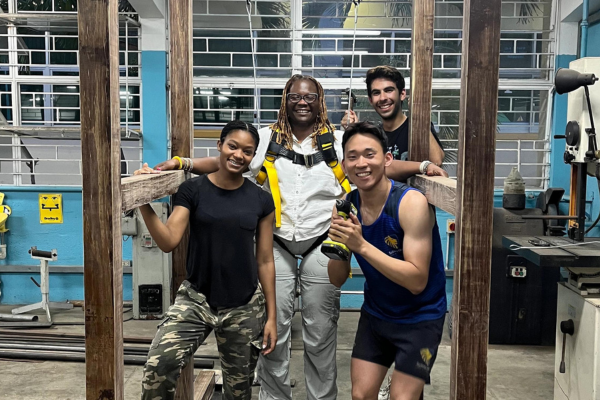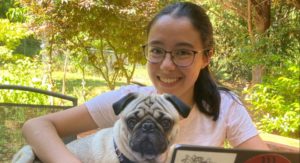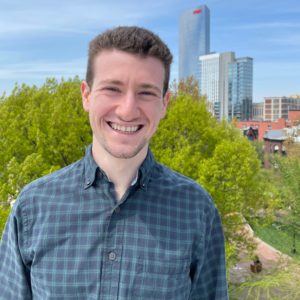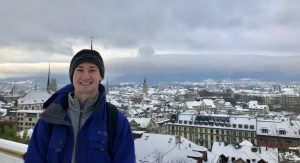
Penn students have been building their knowledge and hands-on experience in places all over the world through Penn Global Seminars. Last May, “Robotics and Rehabilitation” brought Penn students back to the tropical island of Jamaica to collaborate with local university students and make an impact on recovery and quality of life for patients in Kingston and beyond.
Course leaders Camillo Jose (CJ) Taylor, Raymond S. Markowitz President’s Distinguished Professor in Computer and Information Science (CIS), and Michelle J. Johnson, Associate Professor of Physical Medicine and Rehabilitation at the Perelman School of Medicine and Associate Professor in Bioengineering (BE) and Mechanical Engineering and Applied Mechanics (MEAM) at Penn Engineering, brought the first cohort of students to the island in 2019.
“CJ and I are both Jamaicans by birth,” says Johnson. “We were both excited to introduce the next generation of engineers to robotics, rehabilitation and the process of culturally sensitive design in a location that we are personally connected to.”
As they built relationships with colleagues at the University of West Indies, Mona (UWI, Mona) and the University of Technology, Jamaica (UTECH), both Johnson and Taylor worked to tie the goals of the course to the location.
“In the initial iteration of the course, our goal was to focus on the applications of robotics to rehabilitation in a developing country where it is necessary to create solutions that are cost effective and will work in under-resourced settings,” says Taylor.
Taylor and Johnson wanted to make the course a regular offering, however, due to COVID-related travel restrictions, it wasn’t until last spring that they were able to bring it back. But when they did, they made up for lost time and expanded the scope of the course to include solving health problems for both people and the environment.
“While we started with a focus on people, we realized that the health and quality of life of a community is also impacted by the health of the environment,” says Taylor. “Jamaica has rich terrestrial and marine ecosystems, but those resources need to be monitored and regulated. We ventured into developing robotics tools to make environmental monitoring more effective and cost-friendly.”
One of those student-invented tools was a climate survey drone called “BioScout.”
“Our aim was to create a drone to monitor the ecosystem and wildlife in Jamaica,” says Rohan Mehta, junior in Systems Science and Engineering. “We wanted to help researchers and rangers who need to monitor wildlife and inspect forest sectors without entering and disturbing territories, but there were no available drones that met all of the following criteria necessary for the specific environment: affordable, modular, water-resistant and easy to repair. So we made our own.”
Another team of students created a smart buoy to reduce overfishing. The buoy was equipped with an alarm that goes off when fishermen get too close to a no-fishing zone.
Five other student teams dove into projects aligned to the original goals of the course. Their devices addressed patients’ decreased mobility due to diabetes, strokes and car accidents. These projects were sponsored by the Sir John Golding Rehabilitation Center.
One of which, the GaitMate, was engineered to help stroke patients who had lost partial muscle control regain their ability to walk.
“We developed a device that supports a patient’s weight and provides sensory feedback to help correct their form and gait as they walk on a treadmill, ultimately enhancing the recovery process and providing some autonomy to the patient,” says Taehwan Kim, senior in BE. “The device is also relatively cheap and simple, making it an option for a wide variety of physical therapy needs in Jamaica and other countries.”
Read the full story in Penn Engineering Today.




